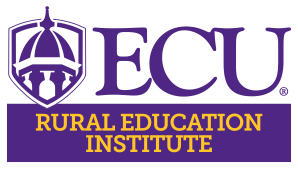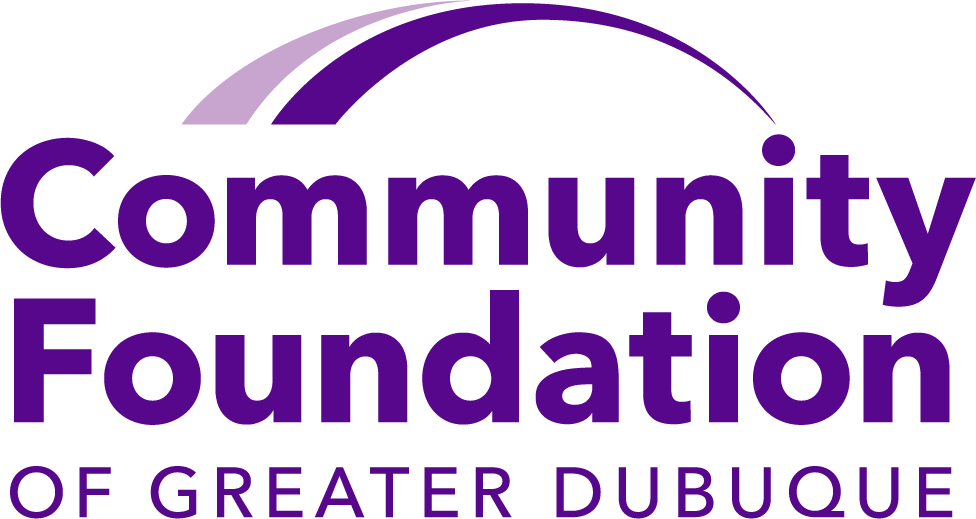
Fulfilling Institutional Aspirations at a Service-focused University
East Carolina University (ECU) aspires to be a national model for student success, public service, and regional transformation. In the
Get Involved
The GRAD Partnership Intermediaries are local implementation partners who serve as catalysts for the implementation of sustainable student success systems in local schools and districts. Different kinds of organizations can serve as Intermediaries, including nonprofit organizations, advocacy groups, higher education centers, and school districts.
Intermediaries help advance the GRAD Partnership’s mission by:
Benefits of becoming an Intermediary:
Characteristics our Intermediaries share:
Read more about the value of being a GRAD Partnership Intermediary.
Read about the commitments our Intermediaries make.

East Carolina University (ECU) aspires to be a national model for student success, public service, and regional transformation. In the

When we signed on as an Intermediary partner with the GRAD Partnership – an initiative housed in Johns Hopkins University’s
This year’s Summit featured a presentation highlighting the work of two GRAD Partnership intermediary organizations implementing student success systems in

At Globe High School in Arizona, a new GRAD Partnership school, history is still alive and being created every day.
The GRAD Partnership is currently working with over 250 schools and districts across the nation.
Partner with us to plan, implement, and sustain high-quality student success systems so that middle and high schools are empowered to graduate all students ready for the future.
Empower schools to improve and enable the educational success of all students.